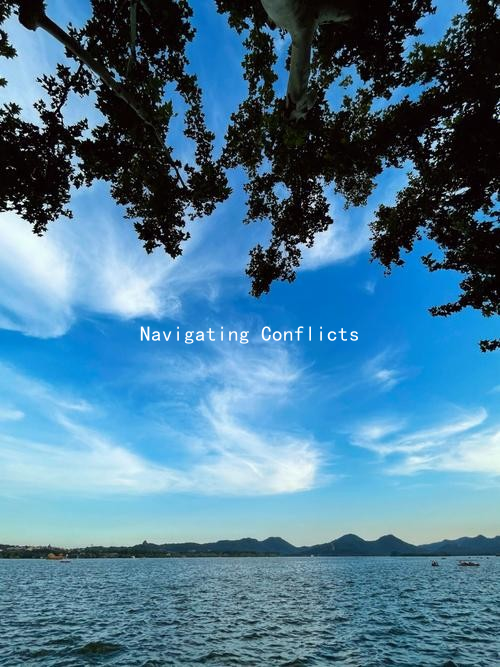Navigating Conflicts: Effective Communication Techniques for Couples
Navigating Conflicts: Effective Communication Techniques for Couples
Conflict is an inevitable part of any relationship, particularly in romantic partnerships where emotions run high and individual backgrounds influence perspectives. However, how couples handle these conflicts can significantly impact the overall health and longevity of their relationship. Effective communication techniques can empower partners to transform conflicts into opportunities for growth and deeper connection. Here are some strategies to help couples navigate conflicts successfully.
1. Active Listening
Active listening is a crucial communication skill that involves fully concentrating on what the other person is saying, rather than merely waiting for your turn to speak. When conflicts arise, it’s essential for both partners to feel heard and understood. Use verbal and non-verbal cues to show you are engaged, such as nodding, making eye contact, or repeating back what your partner has said to confirm understanding. This not only validates their feelings but also fosters a safe space for open dialogue.
2. Use “I” Statements
In emotionally charged situations, it can be easy to slip into blame language, which tends to escalate conflicts. Instead, practice using “I” statements that express your feelings and needs without placing blame on your partner. For example, saying “I feel hurt when plans change unexpectedly” instead of “You always change plans without telling me” can lead to a more constructive conversation. This approach focuses on your feelings rather than attacking your partners behavior.
3. Stay Focused on the Issue at Hand
When discussing a conflict, it can be tempting to bring up past grievances or unrelated issues. However, this often muddles the conversation and can derail progress. To maintain clarity, stay focused on the specific issue you’re addressing. If conversations begin to drift, gently steer them back to the primary topic. This will help both partners feel more productive and less overwhelmed.
4. Take Breaks if Necessary

Sometimes, conflicts can become too heated, making it challenging to communicate effectively. When emotions run high, suggest taking a short break to cool down before continuing the conversation. This pause allows both partners to gather their thoughts and emotions, reducing the likelihood of saying something hurtful. Agree on a time to revisit the topic after a brief hiatus, ensuring that both partners feel ready to engage constructively.
5. Practice Empathy
Empathy is the ability to understand and share another person’s feelings. In moments of conflict, try to put yourself in your partner’s shoes. Acknowledge their perspective and emotions, even if you don’t necessarily agree with them. Phrases like “I can see why you feel that way” or “That sounds really frustrating” can go a long way in showing your partner that you care. Practicing empathy encourages connection and reassures both partners that their emotions are valid.
6. Collaborate on Solutions
Once both partners have had the opportunity to express their feelings and perspectives, shift the focus to finding a resolution. Encourage collaboration by asking open-ended questions like, “What can we do to resolve this?” or “How can we ensure this doesn’t happen again?” Working together on a solution fosters a sense of teamwork and helps both partners feel invested in the outcome.
7. End on a Positive Note
After resolving the conflict, take a moment to express appreciation for each other. Acknowledge the effort you both put into discussing the issue and finding a solution. Ending on a positive note reinforces your commitment to each other and strengthens your emotional connection, making it easier to approach future conflicts with a more optimistic perspective.
In summary, navigating conflicts in a relationship requires patience, understanding, and dedication to effective communication. By employing strategies such as active listening, using “I” statements, staying focused, taking breaks, practicing empathy, collaborating on solutions, and ending positively, couples can transform conflicts into meaningful conversations that foster intimacy and mutual respect. With time and practice, these techniques can become second nature, paving the way for a healthier, more resilient partnership.





